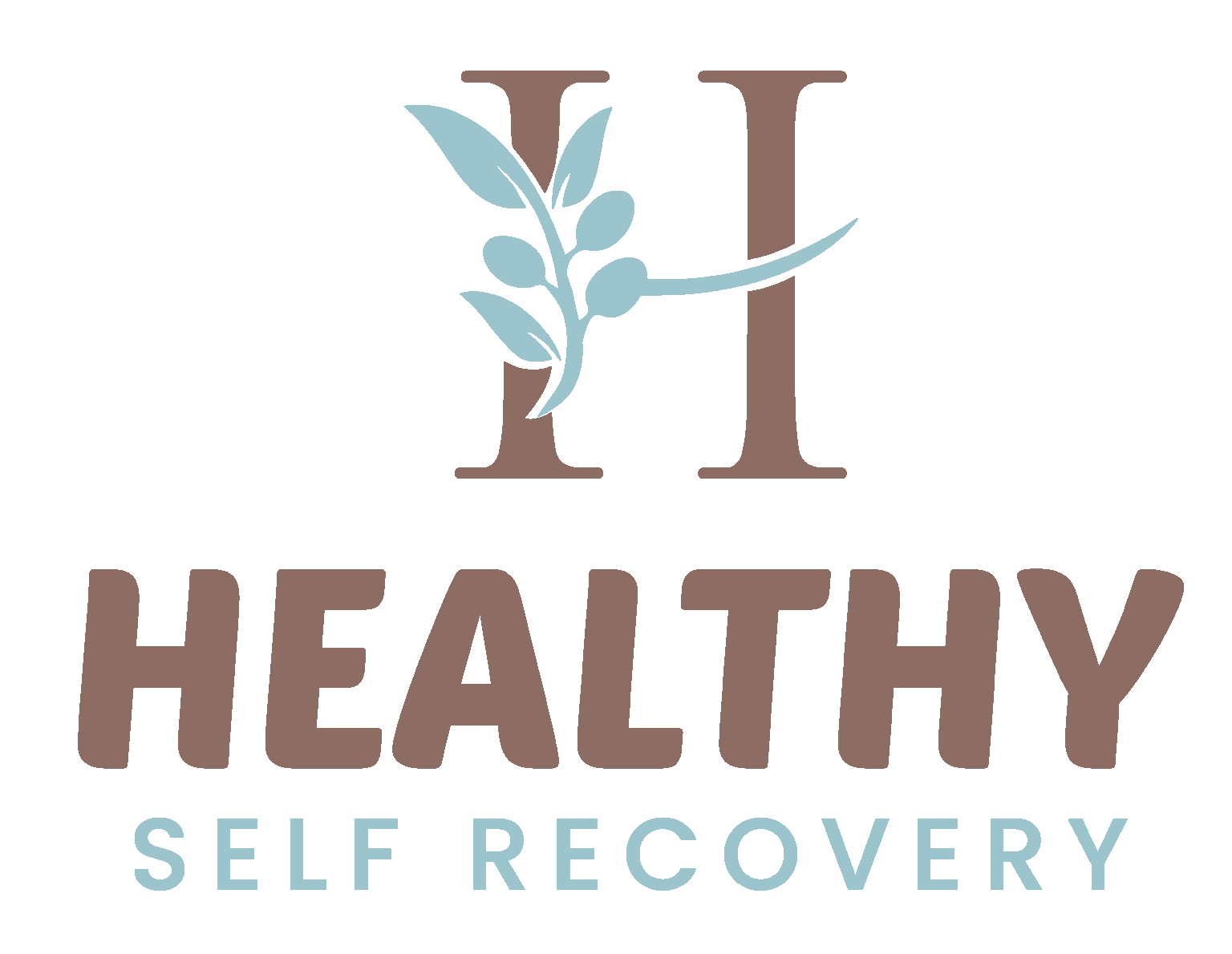Recovering from an eating disorder is a difficult journey that involves more than just addressing the symptoms. It requires rebuilding a positive relationship with food and fostering sustainable, healthy habits that will serve you in life beyond recovering from an eating disorder. As you progress through eating disorder recovery coaching, it’s important to cultivate habits that support physical and emotional resilience. Here are six healthy habits that are built during eating disorder recovery.

Six Healthy Habits for Eating Disorder Recovery
1. Understand Nutrition Basics
So many eating disorder thoughts and food rules are fuelled by diet culture, and a misguided understanding of nutrition and the body’s needs. Understanding the fundamentals of nutrition can empower you in your recovery. Working with an eating disorder recovery coach such as myself who is a registered nutritionist can help you to learn about the importance of all macronutrients (carbohydrates, proteins, and fats) and how much energy the body actually needs.
Recovery as I have written about, is initially nutritional rehabilitation as well as striving for balance in your diet by including a variety of foods from all food groups and eating consistently and regularly throughout the day – not fasting, or saving food till later in the day. Learning that your body can cope with flexibility and freedom around food, so that food can be spontaneous and all foods can be enjoyed without guilt, are a key part of recovery.
2. Re-addressing Exercise and Movement
Although exercise is universally seen as pivotal for physical and mental health, it is very common that when someone suffers from an eating disorder, their relationship with exercise quickly becomes disordered. Exercise is used solely as a means to manipulate body size and shape and to deal with the guilt of eating. This will often show up as excessive or compulsive exercise, when exercise exceeds what would be a reasonable amount for health, takes precedence over everything else, and continues despite injury or compensatory exercise. Exercise in the context of an eating disorder will often worsen physical health and prolong recovery.
Addressing your relationship with exercise in the context of YOUR health and recovery is an important part of the journey to a balanced, healthy life. Depending on the individual, this could be taking a break from exercise, incorporating rest, or establishing clear boundaries and accountability around exercise. It is about building awareness around exercise. To being open and curious to introduce mindful and intuitive movement
3 Coping Skills
Learning and practicing coping skills that help manage difficult emotions unrelated to food or movement is key. Commonly used techniques include journaling, breath work, meditation, grounding exercises, and reaching out to someone. However, everyone is different, and finding what works for you is part of the journey. Some coping skills are more effective in certain situations than others. Having a variety of practiced coping strategies helps you know how to apply them when stress arises. This process builds tolerance and resilience to triggers and challenges like relapse.

4. Self-Care
Learning to incorporate regular self-care into your routine is an important way to encourage recovery and also to prevent relapse. Self-care in the sense of recovery is about habits and behaviours that help to regulate your nervous system so that stress and anxiety do not become overwhelming. Self-care can be anything from ensuring healthy sleep habits and routine, connecting with a friend or loved one, a daily dose of nature, breathwork, gentle movement, regular meals, and snacks.
5 Support Network
Having a support system is crucial in recovery. Eating disorders are isolating and thrive in loneliness and secrecy. Learning to be vulnerable and turn to others is a key strength in putting the eating disorder out of a job. Initially learning to trust others can be daunting. So the first person to support you would be your recovery coach, as they can help you stay accountable to your goals and they are trained and have the experience to support you. Over time, learning to turn to friends or family. Or find help with a support group can provide encouragement and reduce feelings of isolation. The more people you can turn to, the less space there is for your eating disorder.
6 Self-Compassion
Developed by Kristin Neff, self-compassion is about responding kindly and gently to oneself when experiencing difficulties. While it can be easy to have compassion for others, most people with an eating disorder have a very harsh inner critic and find it virtually impossible to find any compassion for themselves. Fostering self-compassion through its 3 principles: Self-kindness, Common Humanity, Mindfulness can be extremely powerful. In fact, there is emerging research to show that self-compassion specifically in eating disorder recovery has been shown to reduce anxiety, build resilience, improve self-esteem, body image, and increase distress tolerance.
Cultivating a Sustainable and Fulfilling Recovery
Building healthy habits in eating disorder recovery is a gradual process. One that requires patience and understanding. By focusing on nutrition education, mindful movement, support and self-compassion you can cultivate a more positive relationship not only with food but with yourself. Remember, recovery is not just about changing the way you eat. It is about learning how to live a bigger, fuller life that is not defined by what you eat or how you look. You are not alone in this journey. Find support with Healthy Self Recovery.

Build Healthier Habits Through Eating Disorder Recovery Coaching in the UK and Online Globally
Taking the first step toward healing can feel overwhelming, but you don’t have to do it alone. If you’re ready to start building healthier habits and develop a more balanced relationship with food, Healthy Self Recovery is here to support you on your journey. Reach out today to explore how eating disorder recovery coaching in the UK can provide the guidance and encouragement you need. Follow these three simple steps to get started:
- Contact me to schedule a free discovery call to see if Eating Disorder Recovery Coaching is right for you.
- Begin meeting with me, Marianna Miles, an British eating disorder recovery coach
- Start building healthier habits during recovery!
Other Services Offered at Healthy Self-Recovery
As your guide in eating disorder recovery, at Healthy Self Recovery, I’m here to provide personalized support every step of the way. Through encouragement and practical strategies, I help you navigate the emotional and behavioral aspects of healing. My eating disorder recovery coaching sessions focus on easing food-related anxieties. Thus offering compassionate meal support in a safe and understanding environment. With continuous text support, you’ll stay motivated and feel supported throughout your journey. By working alongside your medical team, I ensure your recovery remains aligned with your overall treatment plan for a comprehensive approach. Together, we’ll create a path toward healing, rebuilding confidence, and fostering a healthier relationship with food. My services are available across the UK, including England, Scotland, and Ireland, with online coaching accessible worldwide.
Resources:
1. Nieder, S. (2022). Practicing self-compassion in eating disorder recovery. ACUTE Center for Eating Disorders and Severe Malnutrition. https://www.acute.org/blog/practicing-self-compassion-eating-disorder-recovery








